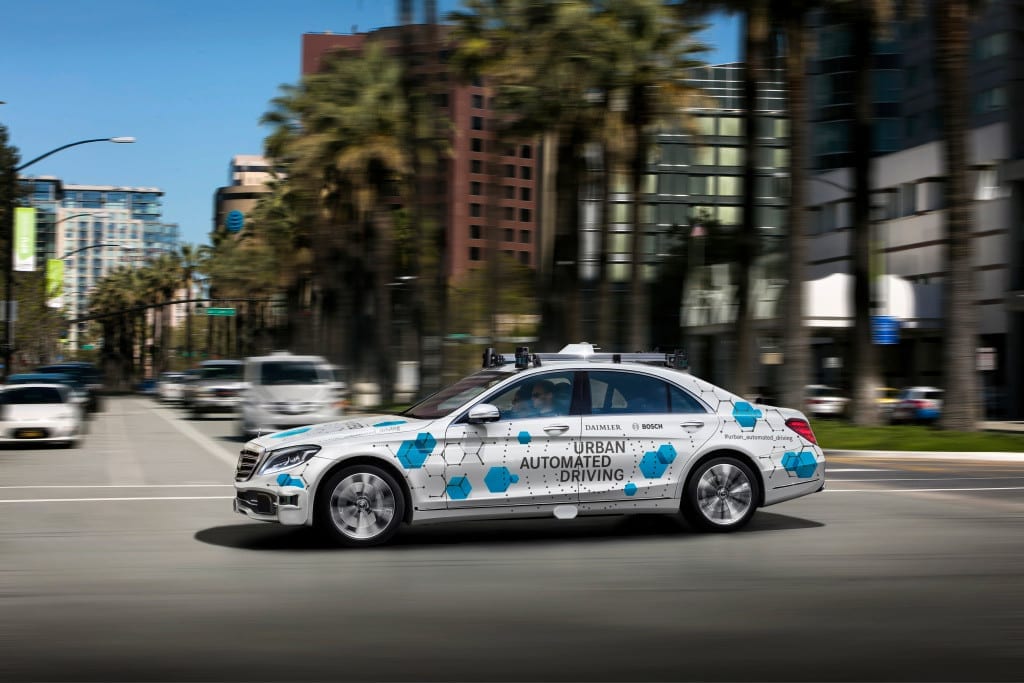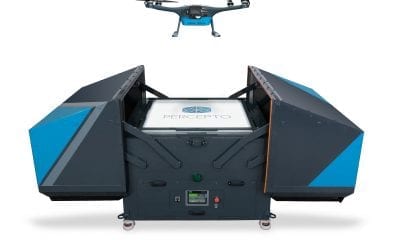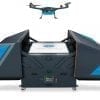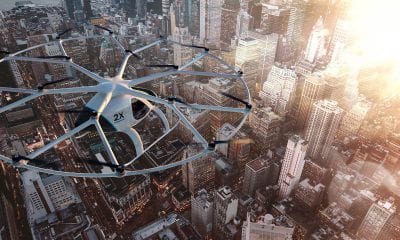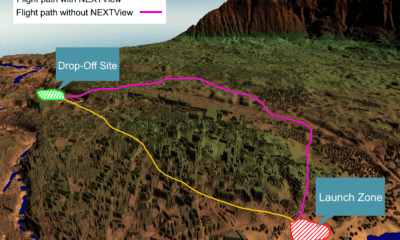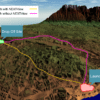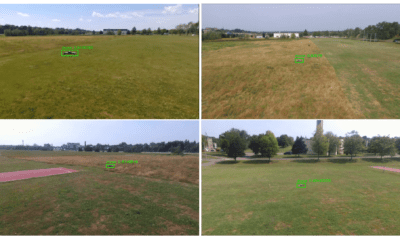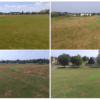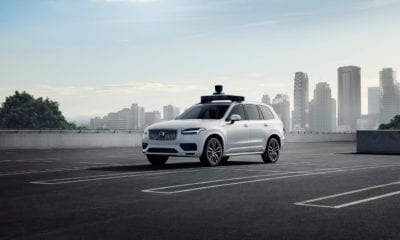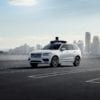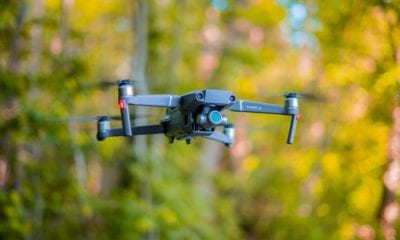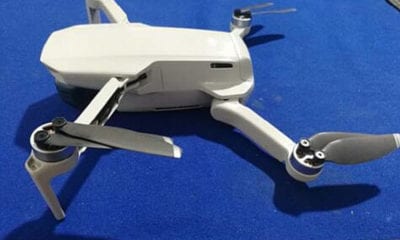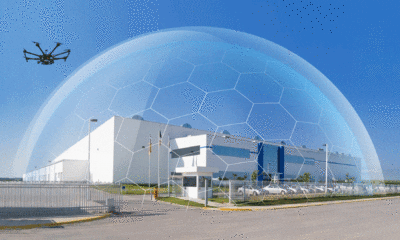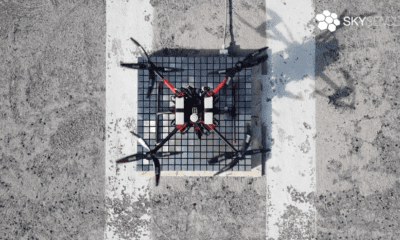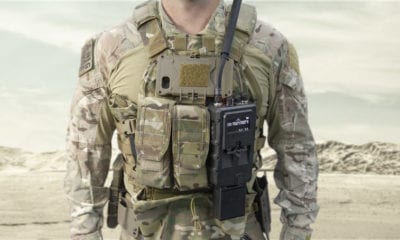AI
Bosch and Daimler Target San José for Autonomous Vehicle Program
The latest global trend amongst automakers is to put together their own autonomous vehicle program. Auto manufacturing giant Daimler recently announced its intent to introduce its own ride-hailing service, and it will use Mercedes-Benz S-Class models as its test beds.
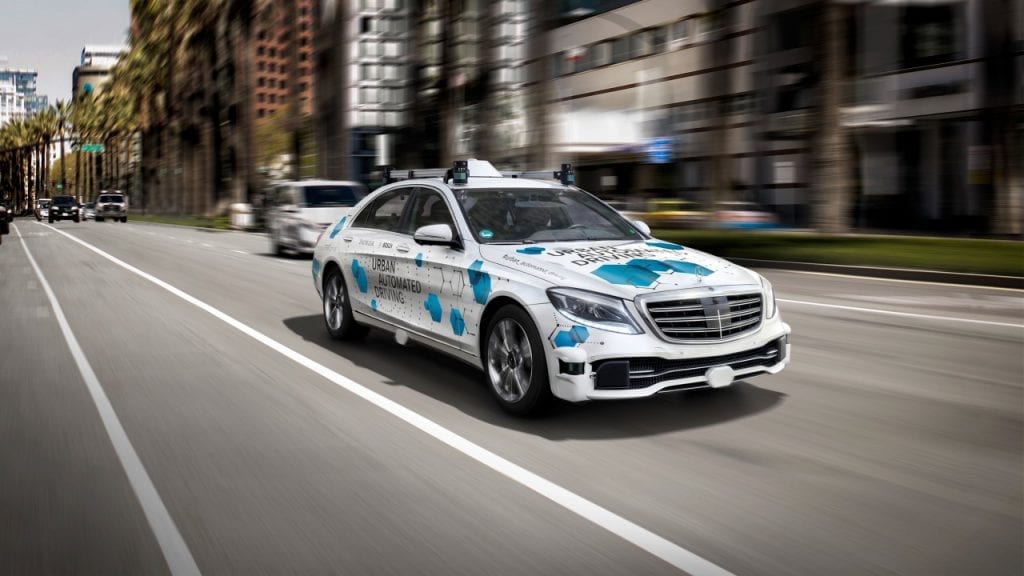
Daimler and Bosch have announced plans to begin trialling an on-demand ride-hailing service using autonomous vehicles. The pilot will use automated Mercedes-Benz S-Class vehicles equipped with Level 4 or Level 5 automation in the San Carlos/Stevens Creek corridor between downtown and west San José. This service will be launched for a selected user community in the Californian city of San José, starting in the second half of 2019. The test operation will provide information about how highly and fully-automated vehicles can be integrated into a multi-modal transportation network.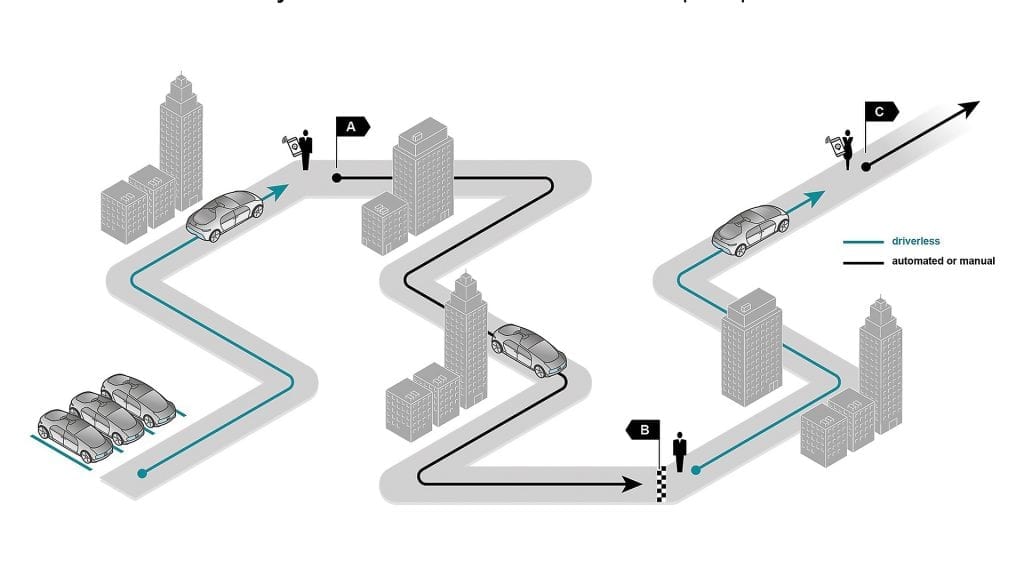
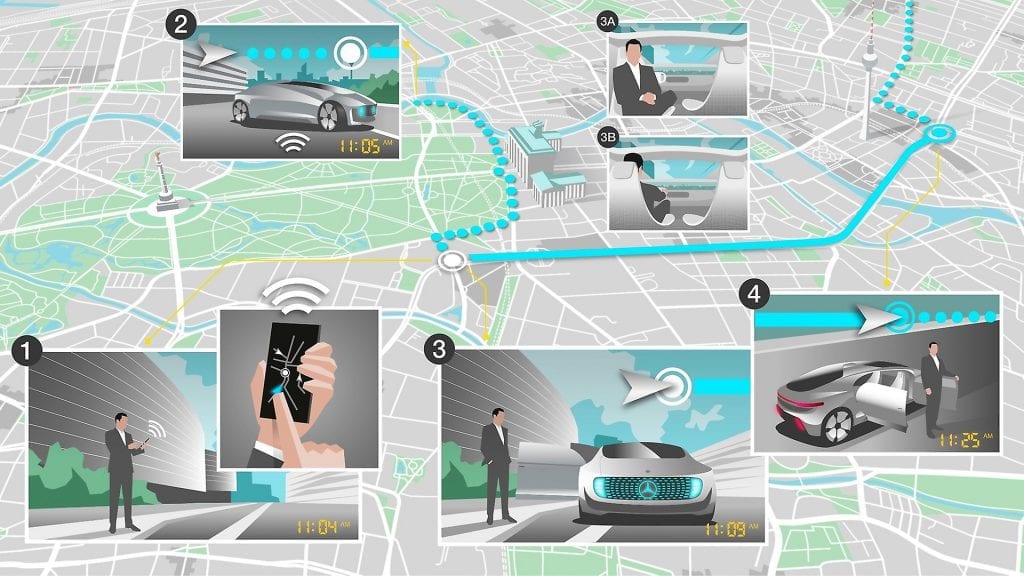
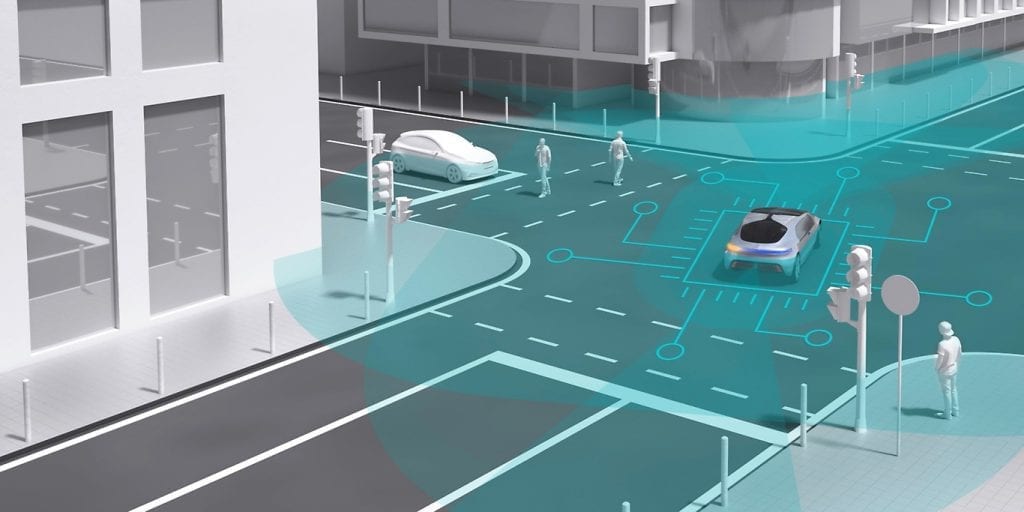
Sam Liccardo, mayor of San José, said: “The pilot project is an opportunity to explore how autonomous vehicles can help us better meet future transportation needs.”
Daimler Mobility Services is currently working on an app for users’ mobile phone which will allow them to summon a self-driving S-Class and enjoy experience of being driven around without having to put up with a driver asking you annoyingly personal questions. This on-demand ride-hailing service app will demonstrate how mobility services such as car sharing (car2go), ride hailing (mytaxi) and multi-modal platforms (moovel) can be connected intelligently.
The intent is to provide a seamless digital experience, in which a user will have the opportunity to hail a self-driving car, monitored by a safety driver, from a designated pick-up location and drive automatically to their destination.
Dr. Michael Hafner, Vice President of Drive Technologies and Automated Driving at Daimler AG noted that “for many years we consequently push autonomous driving. With this pilot, we will generate valuable insights to connect fully automated vehicles in the best way with users of future mobility services.” Also, in the same statement, Dr. Stephan Hönle, senior vice president of the Automated Driving business unit at Bosch, underlined that “automated driving will help us complete the picture of future urban traffic.”
Several other automakers are vying to put autonomous cars out on the open roads. Recently reported by media was Uber’s desire to begin testing their autonomous Volvos again – and it’s not even a car company.
General Motors plans to release an autonomous car next year sans a steering wheel and pedals. “It’s a pretty exciting moment in the history of the path to wide-scale [autonomous vehicle] deployment and having the first production car with no driver controls,” said Dan Ammann, GM President, speaking to The Verge.
Waymo too is hard at work preparing to launch their fleet of automated trucks. This the self-driving arm of Google owner Alphabet, already submitted their safety report so have Uber and Nvidia. Not one to be left behind Ford also plans to launch its own driverless cars by 2021. It’s obvious that safety is of the utmost importance in the business of automated vehicles.

